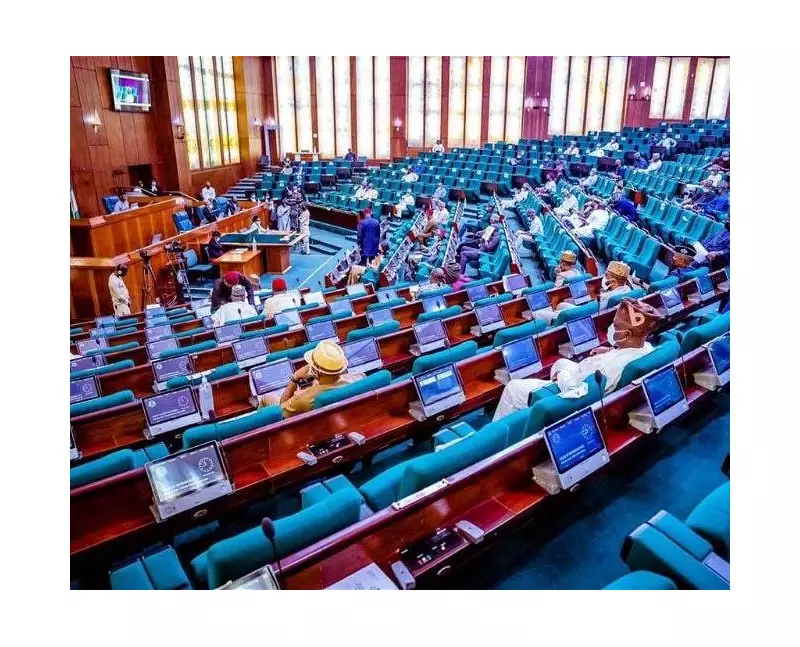
In a surprising political development, the House of Representatives has abruptly reversed its earlier decision to reconvene for an emergency plenary session today, leaving political observers and stakeholders speculating about the reasons behind this sudden change of plans.
The lower chamber of Nigeria's National Assembly had initially resolved to cut short its ongoing recess to address what was described as "urgent national matters" requiring immediate legislative attention. However, in a dramatic turn of events, the leadership has now officially communicated the cancellation of today's scheduled sitting.
Political Speculation Mounts
This unexpected reversal has sparked intense speculation within political circles about the underlying factors that prompted the change. While official statements remain guarded, insiders suggest that several considerations may have influenced this decision:
- Insufficient consensus among principal officers regarding the agenda items
- Logistical challenges in recalling lawmakers during the recess period
- Potential reassessment of the urgency of matters initially deemed critical
- Ongoing consultations with executive branch representatives
Constitutional Implications
The Constitution grants the National Assembly the authority to determine its sitting schedules, including the power to recall members from recess when necessary. This recent development highlights the dynamic nature of legislative operations and the complex balancing act between parliamentary independence and political pragmatism.
Political analysts note that such last-minute changes, while uncommon, reflect the fluid nature of Nigeria's democratic processes and the ongoing evolution of legislative-executive relationships.
What Comes Next?
With the emergency session now cancelled, attention shifts to the scheduled resumption date. The House leadership is expected to provide further clarification on when the matters initially deemed urgent will be addressed, and whether they will be incorporated into the regular legislative calendar upon full resumption.
This development serves as a reminder of the constantly shifting landscape of Nigerian politics, where strategic decisions often undergo rapid reassessment based on evolving political calculations and national considerations.





